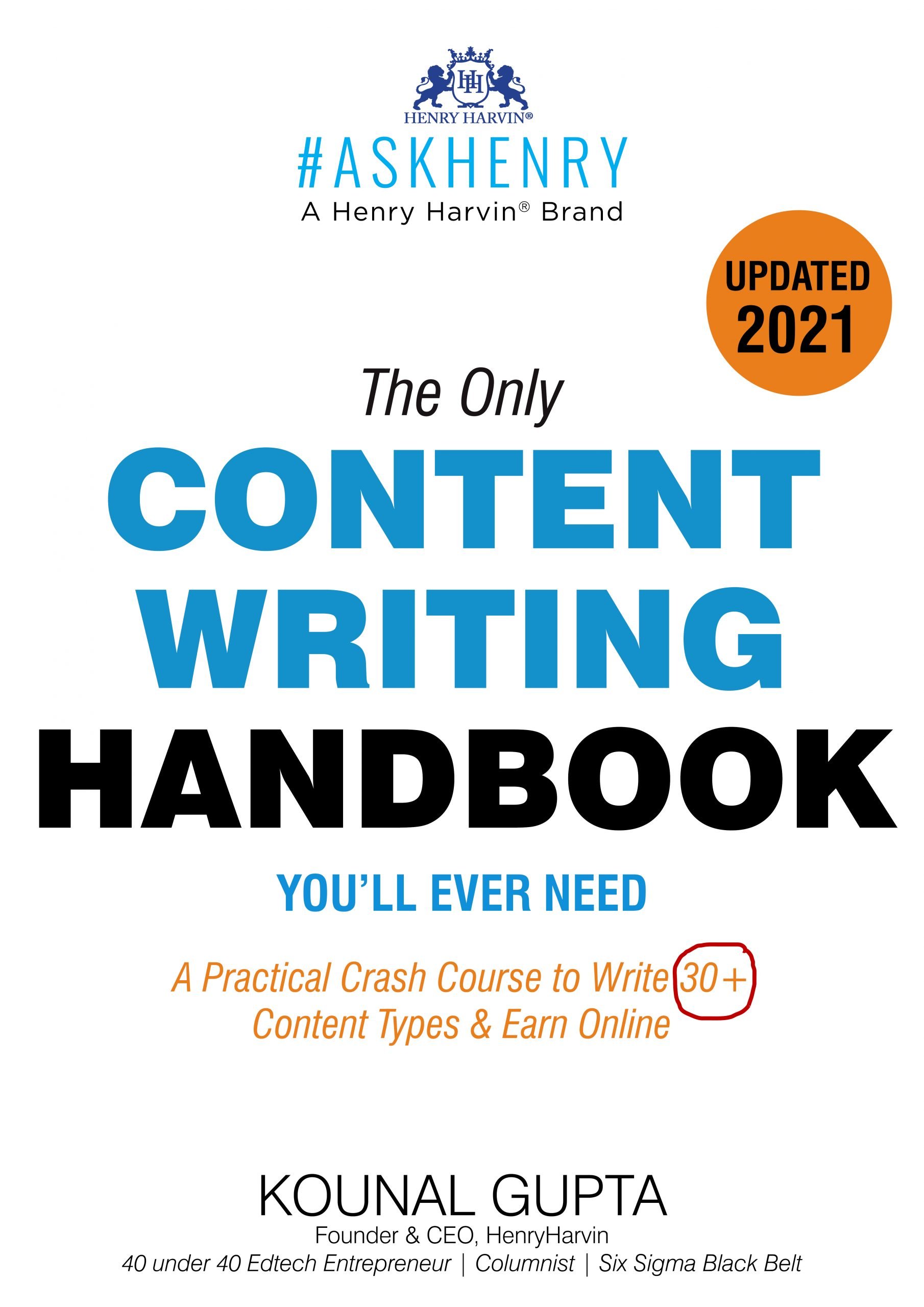Table of Contents
What is Creative writing, and how can you ace an interview?
There are many forms of writing, content writing, medical writing, publishing and technical writing. Creative writing, as the term itself says, it’s about writing skills paired with imagination. Writing a book, ghost writing, copy writing… these are a few of the forms of creative writing. Using your felt senses is a key component of creative writing. In a creative writing course you learn the usage of sentences in their short and long constructions. Which allows the story to unfold as if being told.
Content Writing Courses with Gold Membership
45-min online masterclass with skill certification on completion
$99 FREE
Access Expires in 24Hrs
Upcoming Batches of Creative Writing Courses :-
| Batch | Mode | Price | To Enrol |
|---|---|---|---|
| Starts Every Week | Live Virtual Classroom | 9500 | ENROLL NOW |
I am going to try and approach this holistically. Let’s say, hypothetically you have applied for a creative writing job. The job is to write a biography. Let’s look at what are the possible questions you could be posed with.
Content Writing Course with Gold Membership
45-min online masterclass with skill certification on completion
$99 FREE
Access Expires in 24Hrs
Upcoming Batches of Content Writing Course:-
| Batch | Mode | Price | To Enrol |
|---|---|---|---|
| Starts Every Week | Live Virtual Classroom | 17500 | ENROLL NOW |
Here are Top 25 creative writing interview questions and answers.
Before we dive into the questions, let’s talk a little about how to prepare yourself for the interview. Approaching an interview with integrity and truth is essential. Being honest as opposed to giving BS, of stuff you do not know about will not work in the long run. Enthusiasm is your dress code for an interview.
It is important as a Creative writer that you are passionate about what you do. This needs to show in whatever your response is. Having some understanding of the current market regarding your topic or job title is a must-have. Research on the company that’s interviewing you is crucial. And of course presentation, presentation!!!!
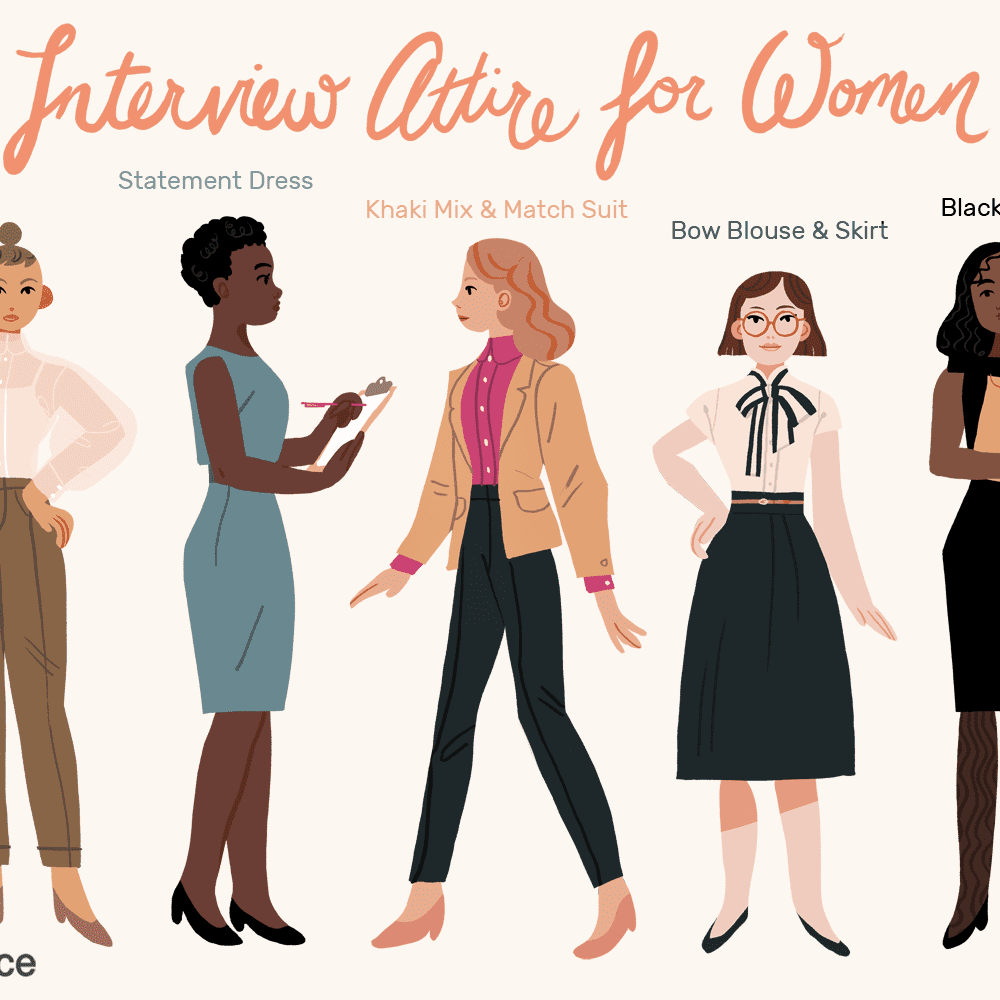
Storytelling is an ancient art. A creative writing interview is a story. A story about you and your love for writing is what your interviewer is going to explore.
Essential Writing Interview Questions
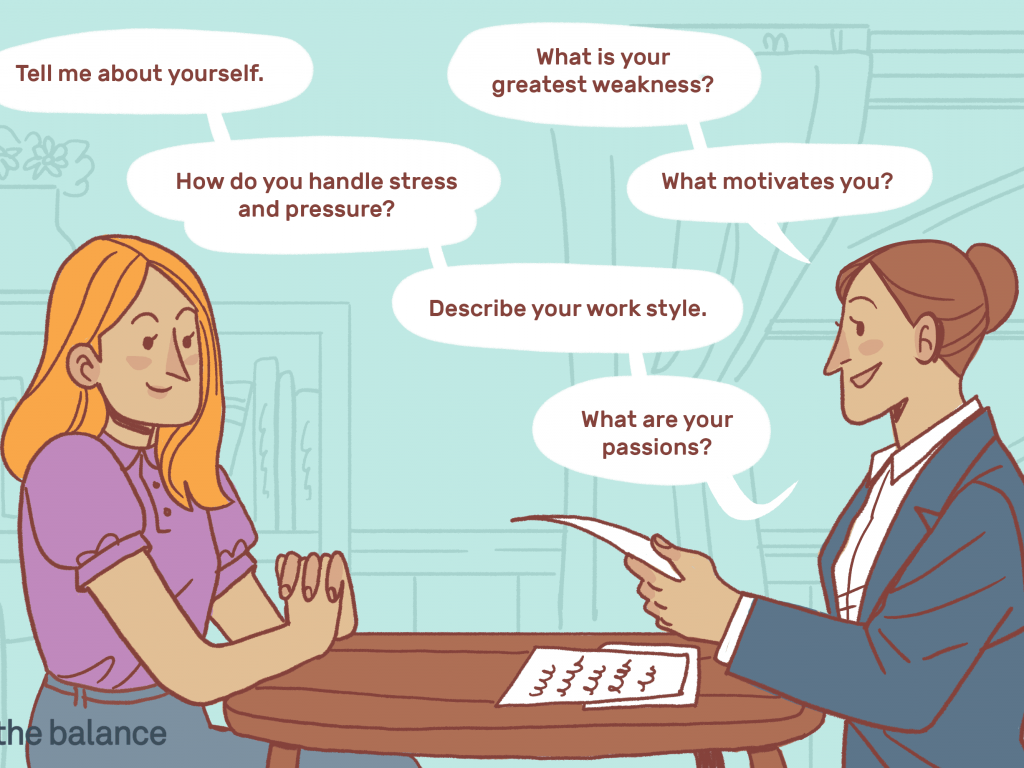
1 How do you prioritize your book vs other creative projects that you had committed to?
2 Do you think you could co-author your projects or books ?
3 Where do you think you will be in your writing career 5 years from now ?
4 Did you take well to your critics or is feedback difficult as a writer?
5 How will you capture the narrative in the book?
6 What’s your experience with content writing and Creative writing?
7 Tell me about a time when you experienced a difference in of opinion and how you resolved it.
8 What communication style do you prefer?
9 Tell us about the last book or biography that you read?
10 What is your experience with social media and content writing?
11. How do you comment on your originality in your content?
12. What is you go to help when you have a writer’s block? Is there any such incidents that we should know?
13. Why did you choose to apply for this post of a ghostwriter. And what makes you think you qualify for the post?
14. What is your go to for proof reading your material?
15. How will you handle the sensitive information that the biographer has narrated to you?
16. What will you miss about your current project?
17. Have you worked directly with clients?
18.2020 has been a pressure cooker, how did you deal with this?
19. What if people don’t like something you wrote?
20. What is your method to keep up with the trends?
21. What do you think of our company, and how do u think you fit in?
22. How will you add value to our culture and company ?
23. If we were to hire you, can you join us next week ?
24. One last question, how do you define success?
25. What is your monetary expectation ?
Now the Answers
1. How do you prioritize projects?
Here is what you need to keep in mind. Unless you’re writing your novel, every writer needs to know how to balance or multitask projects. Your answer should showcase your organizational and time management skills, your ability to meet deadlines and deliverables, and your ability to manage work pressure. Categorically explain how you keep track of your projects and how you execute the deadlines. It will be helpful to tie your response to a specific work experience. Extra points for mentioning that you re-assess priorities and needs regularly
Ans: “I use technology to my advantage. Using Asana to track project deadlines and I work my way through multiple projects accordingly. Asana sends me a reminder every morning with all the projects due for the week, so I know if I’m falling behind and this gives me ample time to re-prioritize and get back on track.
I like to use a separate project folder for larger tasks, breaking them into bite-size and into more manageable pieces so that I can track my progress constantly. If I have two urgent tasks at once I try to keep my communication with the project head absolutely transparent and state the obvious. This I think is key for my work ethic, and I can push myself to finish both in a considerable amount of time”
Check Henry Harvin Other Courses
- Henry Harvin Provide Creative Writing courses in these Cities
Mumbai, Hyderabad, Indore, Jaipur, Chennai, Delhi, Noida
- Henry Harvin Creative Writing Course Ranks #1 in India by India Today
2. Do you think you could co-author your projects or books ?
It’s important for your interviewer to get an understanding of you as a team player. Every job will require you to play well with others, and as a writer, you’ll be spending a lot of time working independently , followed by a lot of time co working with other writers, editors, illustrators, and stakeholders of the company. Your interviewer will want to ensure that you’re focused but versatile, so the best response should incorporate an honest and deliberate style of working in both formats.
Ans: “As a writer inevitably, I spend a lot of time in my head, so I love working independently. This way I can control the timeline am working on and I can focus, and I can be sure the work is well done. But I also enjoy working in groups because many brains are better than one. We can bounce ideas off each other about schematics, and bring about creating even better ideas.”
3. Where do you think you will be in your writing career 5 years from now?
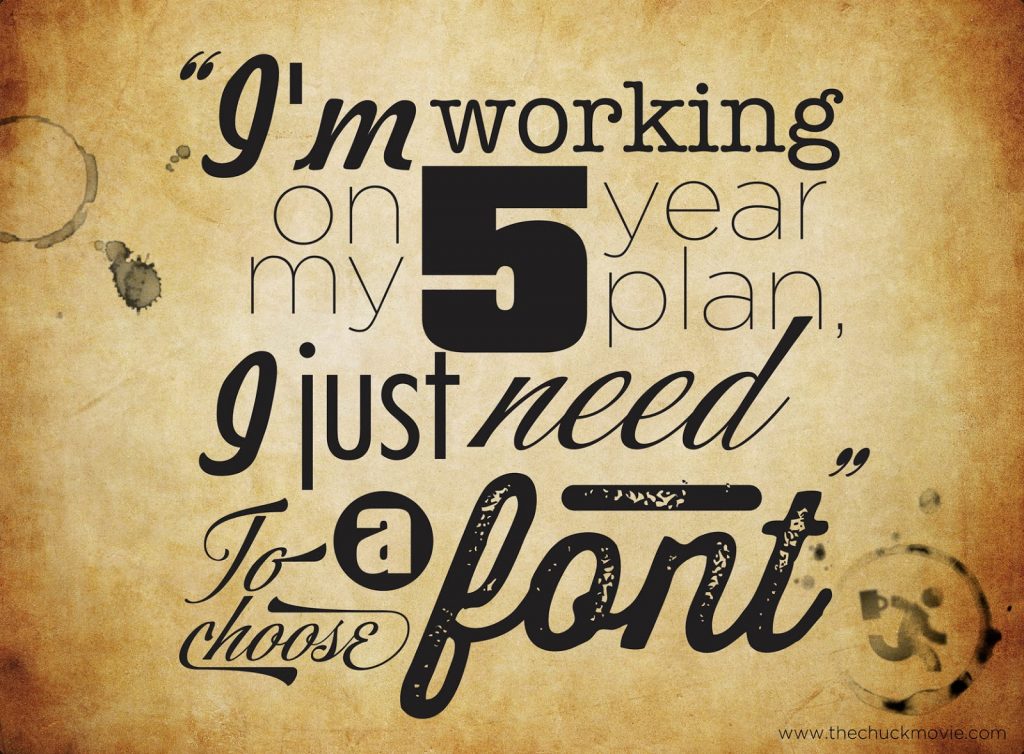
This is one of the classic interview questions. This is your interviewer’s way of ensuring you’re there for all the right reasons and for the long haul. Make it known that you are without compunctions and emphasize what drew you to writing and to this specific company. You don’t have to give a detailed five-year plan, but ensure your career goals and ambitions follow a natural progression from this internship to more senior roles in the industry.
Ans: “With this employment scope of professional development opportunities, I’m hoping to move on to a role as a copy editor. From there on I’d like to take on more senior roles and work my way up to a position in which I can mentor and manage other writers, more in the lines of a managing editor or creative director at an agency.”
4. Did you take well to your critics or is feedback difficult as a writer?
Putting this another way, this question is asking how you handle criticism. Not everyone can write but sure everyone has an opinion. As a writer, you’ll have to learn how to handle constructive criticism, as well as less constructive feedback. While answering this question, emphasize that you understand that revision is a critical part of the writing process. Your interviewer wants to know that you are open to edit and that a significant amount of rewrites won’t offend you.
And: “No one knows everything and I for sure am one of them, and I welcome the opportunity to learn and grow from others and improve my writing. I’m a firm believer in always having more than a second—or a third—set of eyes on a piece of work before it goes out into the world.
While I’ll stand content with the choices that I believe in, I’m very receptive to feedback that can improve my piece of work. In fact, I always have a colleague copy edit my essays before I turn them in.”
5. How will you capture the narrative in the book?
Each writer has his or her own unique voice, but a writer working for a company, especially ghostwriting, needs to put that aside and capture the voice of the one who is narrating his or her autobiography. Your response to this should be empathetic, to feel and use the tone as the one narrating the story.
Ans: “Before writing an autobiography for a client, I would review their existing materials to get a sense of their voice. Spend time with the client doing multiple interviews. For example, before coming to this interview, I read your website and your blog. Your tone of voice is authentic, warm, and your subjects deep and I’d bring that to anything I wrote for you.”
6. What’s your experience with content writing and creative writing?
Your interviewer just wants to ensure you can produce great content either ways, but they also may want you to get the content out into the world. Post the autobiography there would be other marketing tools that will need content. Depending on the specifics of your profile, they might want you to do some aspect of design work, knowing the basics of WordPress, or understand e-marketing. Be honest about your experience here, and if you don’t know how to respond to this , highlight your ability to keep up with technology and learning new tools quickly:
Ans: “I used InDesign in my Introduction to Marketing class last semester. I know the basics, but I really enjoyed experimenting with it, and it impressed my instructor by how quickly I had picked it up. I have a keen eye for learning new programs and love to stretch myself, so I’m confident that I can learn any new programs and tools you need me to know.”
7. Tell me about a time when you experienced a difference of opinion and how you resolved it.
In internship, you’ll be working with a lot of unique set of people, and your interviewer wants to ensure that you can play along with others and stay cool under pressure. Typically, when writing someone else’s story, you step on toes a few times. While telling your story, briefly describe the negative part, and then focus on the solution and positive outcome.
Ans: “During our last semester, my classmate and I had very different ideas about how to move forward on a group paper. We sat down and discussed each of our ideas, taking turns and keeping our aim and result, and soon realized they both had merit. So, we combined and presented it with a unified, stronger front to the professor. By practicing the art of listening and understanding my classmate’s perspective, we wrote a great paper.”
8. What communication style do you prefer?
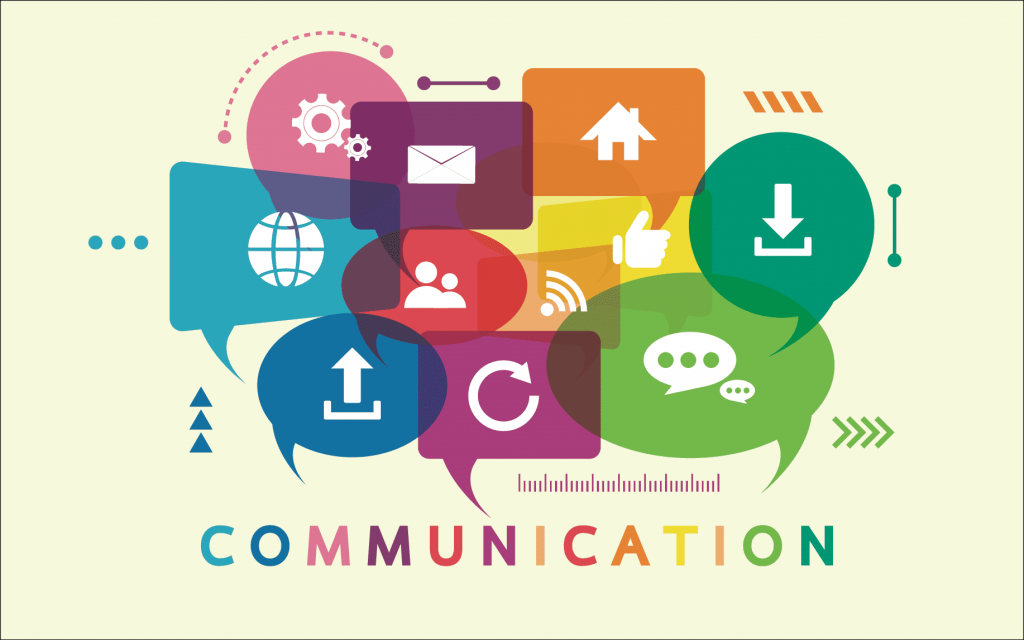
Your interviewer wants to ensure that you can communicate effectively in any situation—not just fluent long-form articles or blogs! Share the actual ways in which you communicate whether in person or by email, etc, and then describe your personal communication preference, whether it’s straightforward, diplomatic, or more of a listener. As a creative writer, it’s important to establish objectivity in all your communication. And, as always, let them know that you’re adaptable in linking specific ways of communicating to specific situations. Your answer could look like this:
Ans: “For a quick resolve, I use Skype or a text—it works great for a ‘yes’ or ‘no answer.’ If I need to have an actual conversation, then I pick up the phone. And I’ll schedule a one-on-one for any new project or more in-depth conversation; I like to make sure everyone’s on page for a more involved discussion. I’m a big believer in being to the point, so I try to be very straightforward and leave no room for confusion in my communications.”
9. What’s the last book/autobiography you read?
Good writers always read. Your interviewer is trying to learn more about you and as a writer. You don’t need to talk about the last book you read but focus on the one you read or liked, and remember, and use it as a way to share something new about you. A good, creative answer might look like this:
Ans: “I recently read Sisters Brothers by Patrick deWitt. As a creative writer, I’m always thrilled to read an excellent book where I’m inspired by both the writing and the content written. This book was so original, and his voice is so clever. When I read, I like to try many genres and authors it keeps my writing fresh, and it moves me out of my comfort zone.”
10. What is your experience with social media and content writing?
Content writing is a form of communicating, and I expect many writers to know the major social media platforms. This way they can get their work out into the world and make it accessible to different demographic audiences. Highlighting all the platforms you know whether big or small and if you have any particular insights to share on them go for it.
Ans: “I know all the basic social handles: Instagram, Facebook | Twitter | and LinkedIn. I’m well versed in writing for specific platforms more, ensuring Instagram posts are image-centric, Twitter posts are succinct, and LinkedIn posts are professional. At my last internship, I used Hootsuite to reschedule my posts to ensure quality and consistency.”
11. How do you comment on originality in your content?
At this point, the interviewer is keen on understanding your process. How You rephrase the narrative gone to you by your client is the key area to focus on. You need to reassure your client on how you are going to bring the freshness without losing perspective.
Ans: “I respect the concept of my task and my ability to direct the information in a voice that is narratable and. I believe as a writer I have a unique voice. My content is specific to that tone and I can preserve the authenticity by being able to channel my creativity.”
12. What is your go-to help when you have writer’s block? Are there any such incidents that we should be aware of?
This is very specifically trying to see if you make excuses for delay in your submission of work. An autobiography is a very thorough thought process and there is always a launch date and marketing plan in place. And the means you as a creative writer need to see your timeline. It’s important o share what your coping mechanism is.
Ans: “ As a creative writer it is possible to get to a place when you feel blank. I have found that keeping my mind and body healthy keeps me going. I make sure I take breaks to go for a run or a walk in nature. As a creative writer, I love the stimulus nature gives me. Making excuses is not my style of working .”
13. Why did you choose to apply for this post of ghostwriter. And what makes you think you qualify for the post?
It’s good to give your interviewer a clear and honest answer. You could talk about how you enjoy storytelling.
Ans: “Most of the autobiography are written by ghostwriters and I love that I can use the first-person narrative and tell someone’s story. In most of my writing, I would like to use the first-person narrative. In my creative writing exploration, I have been very well received as a strop teller and my ability to own the story.”
14. What is your go-to for proofreading your material?
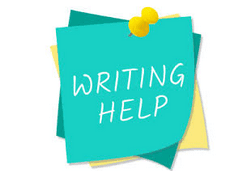
Ans: “There are several tools available and my most favorite ones are Grammarly and Prowriting aid. As a writer, I am obsessed with straightening out my sentences and bringing order with my punctuation. These are some formidable tools I have found myself in.
15. How will you handle the sensitive information that the biographer has narrated to you?
At this point, the interviewer wants to understand how u handle confidential matters. And what is your approach to delivering the message across to an audience? They would like to see your sensitivity and sensibility about this.
And: “As a Creative writer, it is my responsibility to gain utmost confidence of the biographer and translate the sensitive matter into a truth that the world needs to hear. It is my priority, in any of my projects, to make sure I use my sensibility and sensitivity to bring about the best in the piece I am writing”
16. What will you miss about your current project?
Once you are hunting for a new job, it’s usually easy to conjure up everything you hate about your current one. Instead of going down Bad Memory Lane, talk about what you like about your current project. Every hirer wants to know the integrity of the candidate. Your answer can be something like this.
Ans: “Every project that I have taken up has its upsides and downsides. The ones that have their ups I ace in them. The ones that have the downsides are truly my lessons and area of growth, as a writer”
17. Have you worked directly with clients?
Being outstanding behind a screen is one thing, but being outstanding in front of live humans is a whole unique thing. Creatives writers especially like the job you’re getting hired for. Requires you to sometimes be in the client’s comfort zone. The interviewer is looking for your interpersonal skills. Talk about your soft skills presenting, listening, and observation skills.
Ans: “Over the years I have cultivated my skills as a creative writer, but I draw experience from what is going on around me. This has been a muse for most of my writing. Observing and listening I believe have been my key areas of focus”.
18. 2020 has been a pressure cooker, how did you deal with this?
Nothing about this year is worth being said as typical. Here the interviewer is keen to find out how you cope when things get tough. Talk about how this has affected you as a writer and how you vision the future.
Ans: “2020, has been difficult at multiple levels. I had a rather huge workload. The world just got smaller during this pandemic is what I felt. Businesses made a huge detour into the digital space. I believe investing in education vs digital platforms is no more a debate. Content writing courses, Creative writing courses, and e-commerce seem to be the way to go about it. I felt for what is going on in the world. The pandemic moved to write a dystopian novel. I like to channel my emotions into my writing”.
19 What if people don’t like something you wrote?

Pride in what you do is good. Passion is good indeed. At this point the interviewer wants to know how you deal with being critiqued Being defensive and not recognizing client needs is a definite deal-breaker. So talk about how you handled this in the past and you could turn the situation.
Ans: “Like most creative writers, I am not exempt from feeling bad about being far from what my client wants. As I had mentioned earlier, I thrive on growing, and these I consider as my growing pains. The better i deal with this the better I get as a writer. The more I am open, the more the clients trust me. Recently I had a brief which I so totally got wrong. I approached my client along with my team to sit down discussion and burned an all nighter to have the content submitted the next day”.
20. What is your method to keep up with the trends?

At this point the interviewer has you on a shortlist. As a team that runs a creative outfit, there is always something new happening. And the employer wants to know if you are learning and growing. What are your other stimulus? You can talk about your love for language and your interest in AI or coding, etc. These may not be unfolding in your career path. But this shows you are curious. And a go-getter.
Ans: “I enjoy dabbling in languages and learning about the culture. I make it a point to travel even if it is within the country. The perspective of a new place is refreshing. I recently did my intermediate exam in Spanish. I Like indulging in foreign language, and try to read material written in it. Each language has a tone and that voice sometimes fuels one’s writing.
21. What do you think of our company, and how do u think you fit in?
This is a tough spot, you can’t be overenthusiastic nor can you be dismissive about this question. You need to know by now they are serious about you. And want to know your vision. Here is where your research on the company would come in handy.
Ans: “In the past, I have followed your social media handles and read many of the blogs. I came across one of your employees to write about the company culture and how there is freedom in work and respect for each other. These are some things that really got me to apply for this post. I believe I am a Creative writer who needs freedom. I fit right into your work culture”.
22. How will you add value to our culture and company?
This question is also one that needs to be handled delicately. They probably want to know what else you bring to the table other than your writing. What else can you double up for?
Ans: “Besides my creative writing skills, I have also experienced in content writing and designing. One of my first jobs was with a company that builds brands. I would be happy to invest time with the team to support their brand-building projects. I have also freelanced a social media manager for a fashion house. I believe I can contribute to this pool within the company”.
23. If we were to hire you, can you join us next week?
This question should be answered carefully. You can’t be in a hurry to leave your job, this shows poor ethics ad no value for protocols. Neither can you make them wait endlessly.
Ans: “I have a two weeks notice period at this point and I would like to leave my company on a friendly note. However, I can begin some research work on the biographer and be ready to start work in two weeks”.
24. One last question, how do you define success?
This is them trying to determine if you are a right fit for them. Your answer is a determine a factor for getting your job.
Ans: “I believe that when you love what you do and do what you love, we can term this as a success for me”.
25. What is your monetary expectation?
Clarity in what you are expecting is also very important. This also shows how much you value your skill.
Ans: “I am looking at a reasonable market driven increment on my current take home”.
Conclusion
I agree this was extensive and I hope that this prepares you for a stellar interview. Like mentioned before. Be calm, collected, and honest above all.
Recommended Reads:
Post Graduate Program in Content Writing by Henry Harvin®
Ranks Amongst Top #5 Upskilling Courses of all time in 2021 by India Today
View Course
Recommended Programs
Content Writing Course
with Gold Membership
*Learn from South Asia's Oldest Content Writing Course | Recognized by American Association of EFL, Content Writing Association of India, UK Cert, UKAF & MSME | Guaranteed Live Projects & Internship Opportunity.
Technical Writing Course
with Gold Membership
*A cutting-edge Technical Writing Course which teaches you the fine art of transforming data and information accumulated through a process or experimental work into technical documentations and guides.
Creative Writing Courses
with Gold Membership
Henry Harvin® Creative Writing Course Ranks#1 in India by The Statesman! Creative Master the creative writing skills to compose engaging Fiction, Creative Nonfiction, Drama, and Poetry that will snap a reader’s curiosity from the advent to end of your write-up.
Medical Writing Training
Course and Certificate
A one-of-a-kind Medical Writing course which helps you get a thorough understanding of pharmaceutical regulatory writing as well as medico-marketing writing. Strengthen your writing prowess as you boost your skills as a medical and scientific writer. The Certified Medical Writer(CMW) certification is your key to success.
Explore Popular Category
